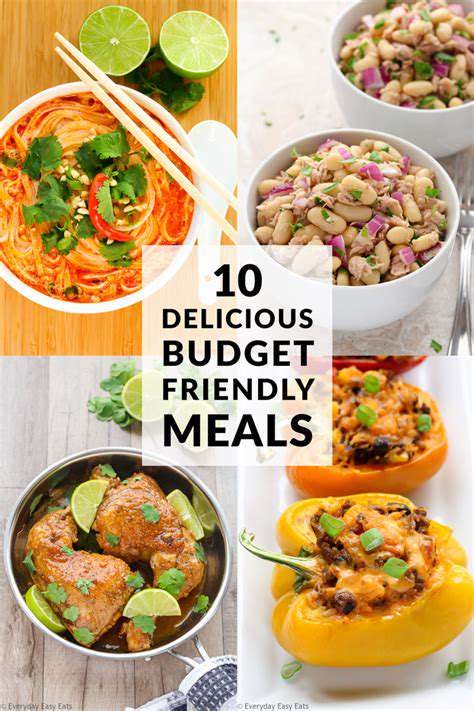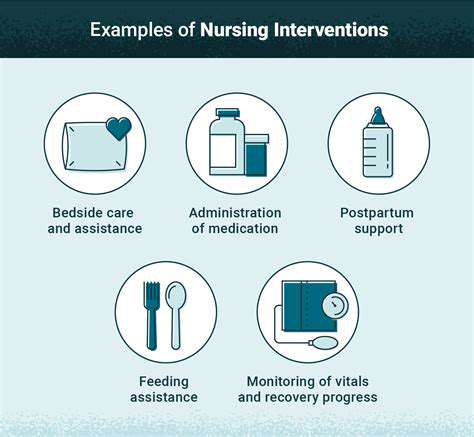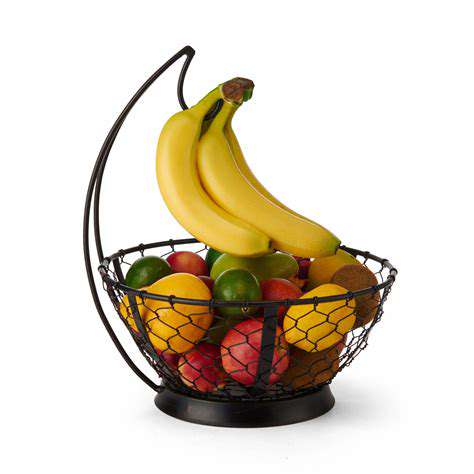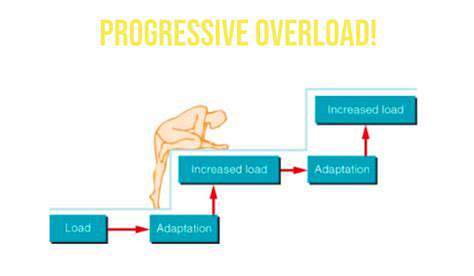How to Eat Healthy on a Budget [Tips & Meal Ideas]
Beans and legumes are excellent sources of protein, fiber, and various vitamins and minerals. They are a remarkably versatile ingredient, easily incorporated into a wide range of dishes, from soups and stews to salads and stir-fries. Their affordability and nutritional density make them an ideal choice for budget-conscious individuals seeking a healthy protein boost.
Beans and legumes are a fantastic option for vegetarians and vegans. They provide a substantial amount of protein, often rivaling meat in their nutritional content. This makes them an excellent alternative to animal-based protein sources for those following a plant-based diet.
Nuts and Seeds: A Portable Protein Pack
Nuts and seeds are convenient protein sources that can be easily incorporated into a daily diet. They are a great option for a quick snack or a healthy addition to meals. The versatility of nuts and seeds allows for numerous ways to enjoy them, from adding them to salads to incorporating them into homemade trail mixes or energy bars.
Their high protein content and healthy fats make them a great choice for sustained energy. They are also packed with vitamins, minerals, and fiber, contributing to overall health and well-being.
Dairy Alternatives: Plant-Based Protein Options
Plant-based dairy alternatives, like soy milk, almond milk, and oat milk, are gaining popularity as affordable protein sources. Many of these options are fortified with added vitamins and minerals, providing a nutritional boost to your diet. They are frequently a more budget-friendly alternative to traditional dairy products while still providing valuable protein.
Eggs: A Dietary Staple
Eggs are a remarkably versatile and affordable protein source. They are incredibly versatile in the kitchen, and are a staple in many cuisines worldwide. They are also a good source of essential vitamins and minerals, and are relatively inexpensive compared to other protein sources.
Eggs are a very affordable source of complete protein. This means they contain all the essential amino acids the body needs. They are also a quick and easy way to add protein to your meals, and can be prepared in countless ways.
Fish and Poultry: Sustainable Protein Options
Fish and poultry are excellent sources of protein, and can be part of a sustainable diet. While not always the most affordable, choosing lean cuts and opting for seasonal fish varieties can help keep costs down. It's important to choose sustainable options to reduce environmental impact.
When budgeting, fish and poultry can still be affordable protein choices. Prioritizing leaner cuts and purchasing in bulk when possible can help keep costs manageable. Variety in protein sources is important to maintain a healthy, balanced diet.
Exploring Protein-Rich Grains: A Complete Meal
Whole grains like quinoa and brown rice are a valuable source of protein, fiber, and complex carbohydrates. They provide a complete nutritional package, contributing to a healthy and balanced diet. Incorporating these grains into your meals can significantly boost your protein intake while also offering other essential nutrients.
Quinoa and brown rice are complete protein sources that are filling and nutritious. They are a great option for vegetarians, vegans, and individuals looking for a more sustainable protein choice. They can be easily incorporated into various dishes, from salads to bowls and stir-fries.
Animal interaction, particularly with domesticated animals like dogs and cats, has been shown to have a profound impact on stress reduction. Studies have demonstrated a correlation between petting or interacting with animals and decreased cortisol levels, the hormone associated with stress. The calming presence of an animal can trigger the release of oxytocin, a hormone associated with bonding and reducing feelings of anxiety, potentially lowering blood pressure and heart rate as well. This physiological response can contribute to a greater sense of well-being, especially in individuals experiencing high levels of stress or anxiety.


![Guide to Training for a Triathlon [Beginner Plan]](/static/images/26/2025-05/Running3ALayingtheGroundwork.jpg)

![What is the Mediterranean DASH Diet? [Benefits & How To]](/static/images/26/2025-05/MakingtheMediterranean-DASHDietaSustainableLifestyle.jpg)



![Guide to Heart Health for Women [Unique Risks & Prevention]](/static/images/26/2025-05/BeyondtheBasics3AAddressingSpecificConcerns.jpg)




